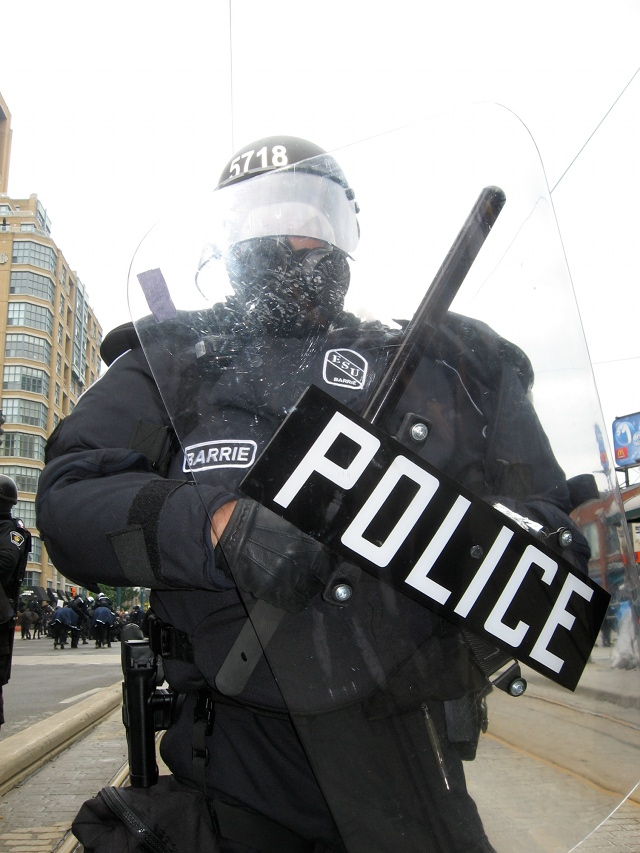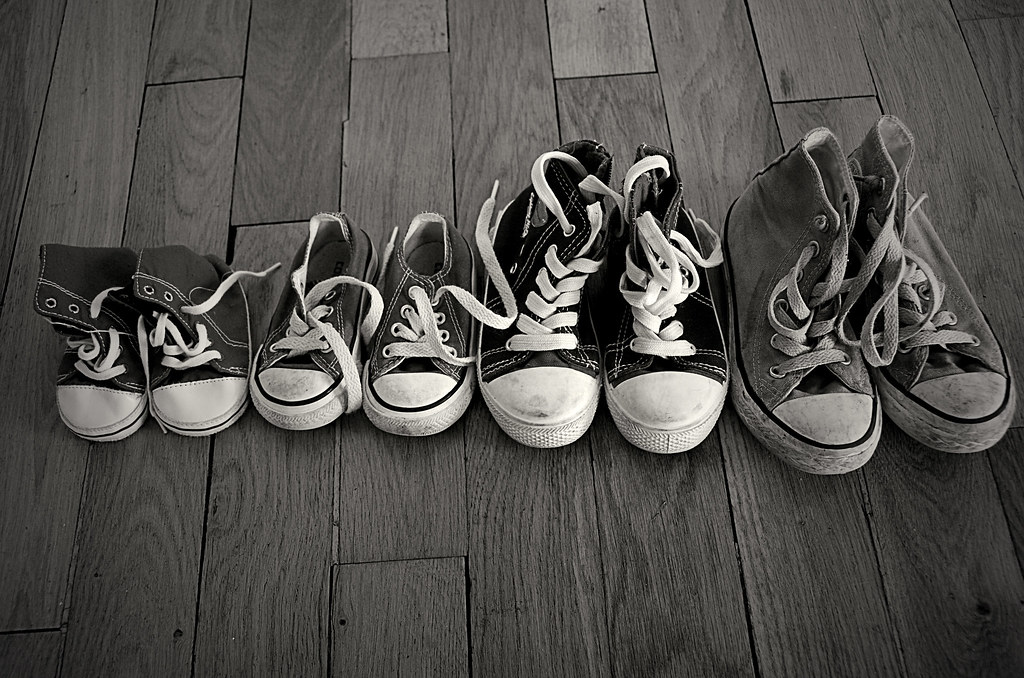The other day, Yair Rosenberg flagged a bill introduced by Republican Rep. Thomas Massie (R-KY, and almost certainly the most openly antisemitic member of Congress in office today), titled the "Dual Loyalty Disclosure Act," which would require all persons running for office to disclose what countries (other than the United States) they hold citizenship in. Nominally targeting dual citizens, the bill, Rosenberg observed, was clearly inspired by various "lists" circulating on neo-Nazi sites which allege that all Jewish members of Congress are dual citizens of (and thus dually-loyal to) Israel. To that, Rosenberg wrote, "Ironically, the bill would debunk one of the very conspiracy theories that inspired it" (since the disclosure list would reveal that no Jewish MoC has Israeli citizenship).
I meant no disrespect to Yair when I replied that the bill would not "debunk" the conspiracy at all. "[T]he nature of these conspiracies immunizes them from debunking." The truth is already out there, and has not accomplished anything -- so offering more "truth" isn't going to serve as remedy. Rather, I said "When you humor conspiracy theorists by suggesting they have 'legitimate' concerns, you only encourage them."
This is a lesson that generalizes. "Voter fraud", for instance, is an essentially non-existent problem in this country. Nonetheless, the Supreme Court endorsed the state's right to impose voter ID laws to tackle the perception of widespread voter fraud -- even though that perception was (by the Court's own admission) not remotely grounded in the objective record. The Court rationalized its decision as enabling the state to generate greater "confidence" in election results in the face of this widespread, albeit objectively false, sentiment that voter fraud was a serious problem.
This, to put it mildly, did not work. Humoring those who harbored lurid and outlandish beliefs about voter fraud did not cause them to develop greater "confidence" in the electoral system; it instead encouraged them to dig in deeper (culminating, of course, in Trump's attempted insurrection following the 2020 election). A second's worth of reflection could have predicted this would be so: their original fears weren't grounded in reality, so obviously a reality-based solution isn't going to assuage them. All it does it suggest they are on the right track. But whatever grievance or paranoia generated their conspiracy to begin with -- most likely "minorities are sometimes winning elections when I don't want them to" -- that isn't effected at all. You cannot indulge.
Or take vaccines. We've gotten, it seems, a column a week lecturing the medical profession that they must figure out ways to "reassure" "vaccine-hesitant" Americans who, while perhaps objectively misinformed, also have "legitimate concerns" that need to be addressed. Again, the notion that more robust studies or in-depth research could "assuage" "concerns" misapprehends how anti-vaccine sentiment works. RFK Jr. does not want to be "reassured" about vaccine safety, he wants to believe that vaccines are dangerous, and will actively resist efforts at appeasement that still end up concluding that vaccines are in fact, safe. The fact that vaccine safety is settled science means that science must be unsettled. That's no doubt why the new NIH head is so enthusiastic about promoting "dissent" -- not from the administration's new orthodoxies about transgender healthcare, of course, but about the utility of vaccination. It's certainly why RFK picked a serial fraudster to lead the new "studies" into the alleged links between vaccines and autism. When you accommodate the cranks, they get crankier.
"Media bias", same thing. And there's a branch of criticism of academia that, I think, falls into this category as well. Here, too, we are regularly regaled with lectures on how, while Trump's assault on academic freedom may be a step too far, universities did maybe bring it on themselves with their stifling group think and endorsement of wacky leftist priorities. I took a sinful amount of pleasure reading Tressie McMillan Cottom positively curb-stomp Bret Stephens as the latter tried to trot out his tired applause lines about the alleged woes of contemporary academia. Actually, there are plenty of robust debates inside our classrooms. Actually, humanities majors do fine in the job market. Actually, the "lowest-quality institutions" extant in academia today are not "Columbia" and "Berkeley", they're predatory for-profit institutions who plunged hundreds of thousands of Americans into crushing debt by falsely promising a "career-ready" education ("colleges not unlike the one that our current dear leader once ran as a purely economic enterprise.").
For academia, too, there are no reforms that are going to satisfy people prone to believe that the academia is compromised of "factories of Maoist cadres", because the actual state of academia bears no relation to their views on it. Accommodating their fantasies won't make them back off, it will just convince them they've been vindicated.
This doesn't mean that there are no steps university stakeholders should take to improve the robustness of discussion and debate on campus, ensure that campus communities of diverse backgrounds and viewpoints feel included and are treated equitably, and so on -- any more than urging that we dismiss anti-vaccine cranks means that we stop caring about medical quality control and safety testing. Rather, the point is we should do these things for ourselves, not for earning elusive and probably chimerical "credibility" from insatiable critics. Chasing their approval is a fool's errand.






